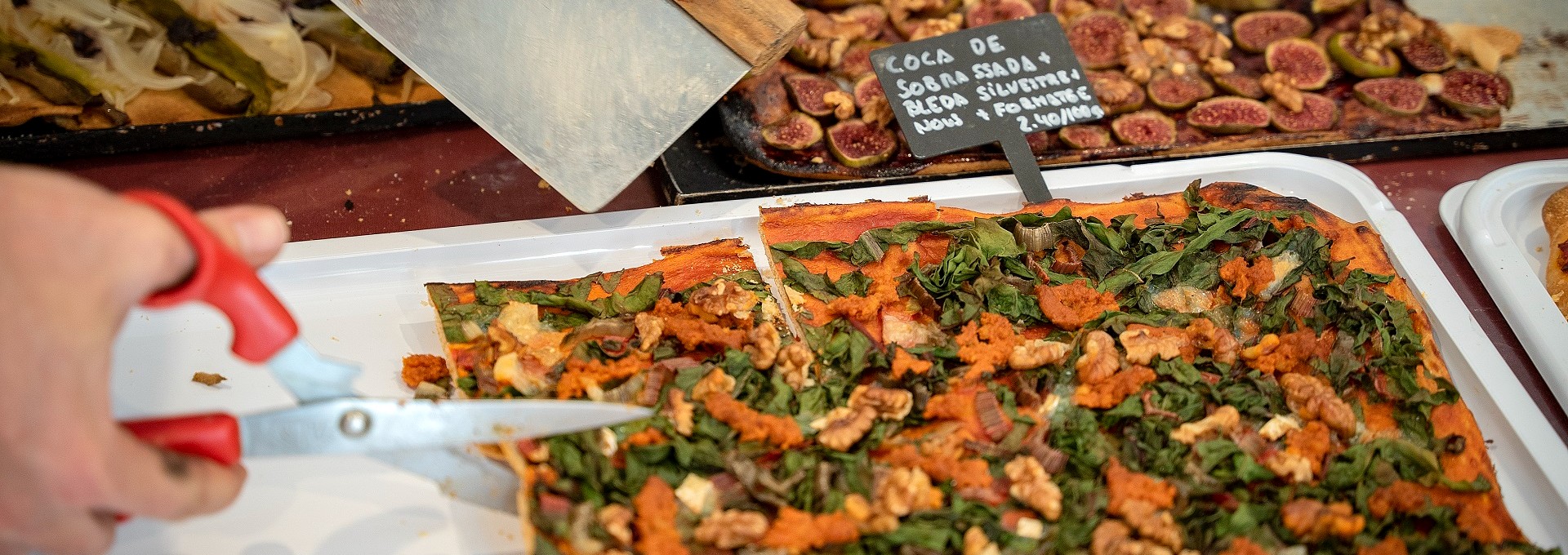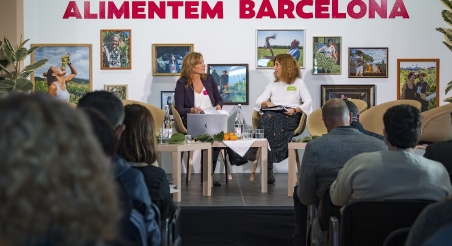Igualada City Council has started a pilot test to promote a food strategy that will transform the local food system towards a healthier, more sustainable, local and resilient model. This initiative has the financial support and expert advice of the Barcelona Provincial Council, which has established a collaboration agreement which includes the granting of a subsidy of €18,000 for the development of this action plan, among other support measures.
Applying the methodology proposed by the corporation, the creation of the food strategy begins with the preparation of a Food Charter that helps define an agri-food model based on the principle of proximity. This task is being carried out in close collaboration with all the public and private agents of the Ódena Basin related to the local food system, including producers, restaurateurs, distributors, managers of school canteens, associations and health centres, among others. Initially, the task of the motor group will consist of the drafting of the Food Charter, a fundamental document to transform the food model of the city. Next, a diagnosis process will be carried out, followed by the creation of a Local Food Council that will assume the responsibility of addressing the design and development of the Local Food Plan.
With the desire to encourage collaboration and to expand the initiative beyond Igualada, it is hoped that the scope of the strategy will include all the municipalities in the Agricultural Park of the Òdena Basin (PACO). Established in 2021, it currently includes the Association of Producers of the Ódena Basin, the Association of Trade and Restoration of the PACO, the Tourism Association of the PACO, the Regional Council of Anoia and 14 municipalities. The purpose of the park is to preserve, promote and manage the agricultural landscape, as well as to transform the food model of its geographical territory, which covers an area of 31,512 hectares and a population of 70,113 inhabitants.
Igualada, Mataró and Palafolls lead the way
The Barcelona Provincial Council has been involved in this initiative to accompany and advise the municipalities that wish to promote a food strategy in their territories and, in fact, the process of creating the Igualada Food Plan is part of a pilot test that the corporation is also carrying out in Mataró and Palafolls. From these starting points, the Provincial Council wants to expand local food policies and move towards the sustainable development of towns and cities, contributing to the reduction of greenhouse gas emissions associated with food.
In this sense, Igualada, Mataró and Palafolls are leading the way towards a healthier, sustainable and resilient food future in the province of Barcelona. «These are three cities that are very clear that the implementation of local food policies is essential if we want to move towards city models and consumption with minimal environmental footprint», explains Sònia Callau, head of the corporation's Territorial Agricultural Directorate. «But we hope that many more will soon join them. The production of food in food rings integrated into the green infrastructure of towns and cities is a present challenge that will allow the municipalities to better face the uncertainties that are drawn in the near future».
For more information on the food strategies promoted by the Barcelona Provincial Council, please contact Sònia Callau, head of the Agricultural Territorial Directorate of the corporation.
— BCN Smart Rural Editorial —




